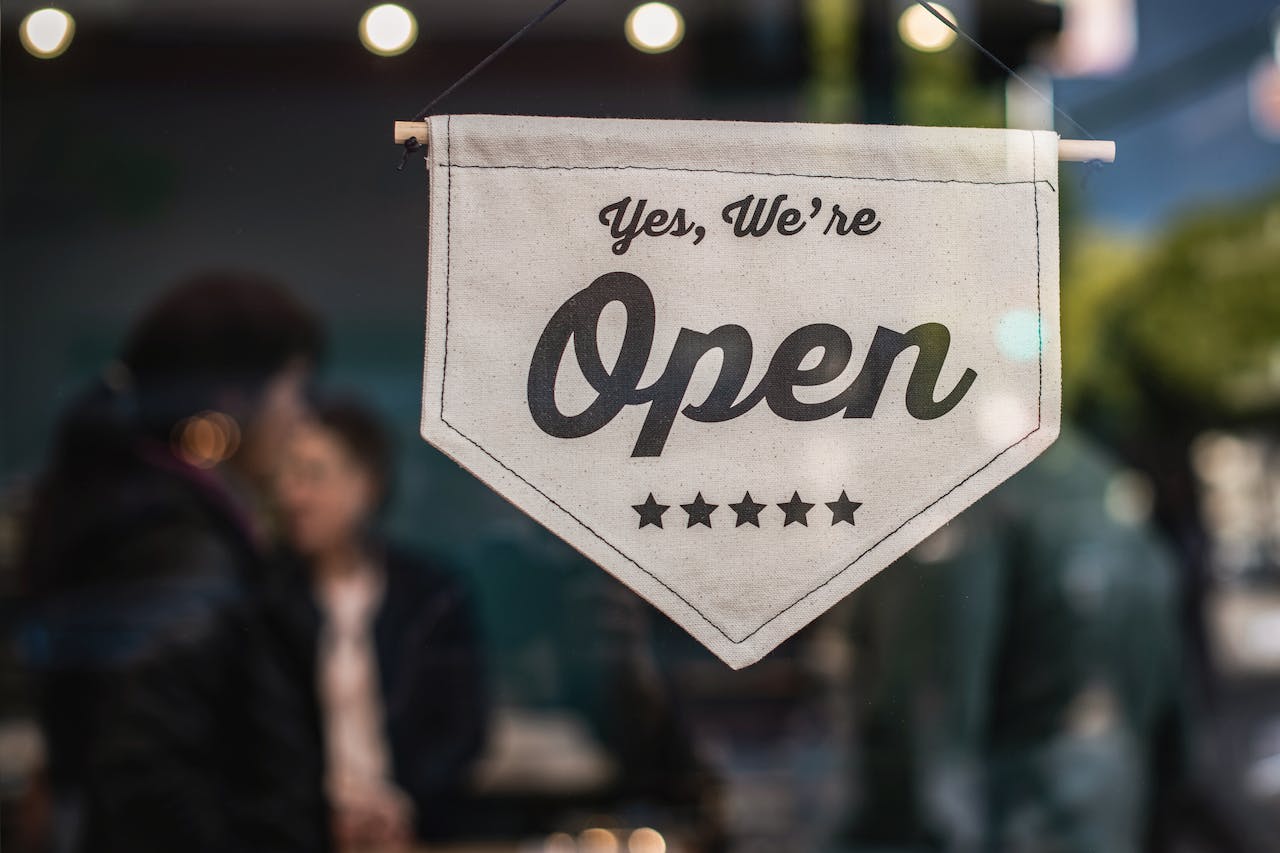One of the most significant changes that the UK was working on during the Coronavirus pandemic was making sure that their economy would be self-sufficient. Many companies were currently working on large scale downsizing since they could not support the number of people that they were working with since business was not the same anymore. The Government was assisting them to the best of their ability through schemes that they were running, the most popular being the furlough scheme, which had the Government paying 80% of the employee’s salaries, while they were only working on the difference. Learn about Karen Bass, the politician who got a full-tuition scholarship from USC’s social work program and is now under criminal investigation!
Even with the schemes running, companies could not make ends meet, and they were still large-scale firing their people. With this being the reality in the UK, the Government knew that the stoppage of the furlough scheme, planned for the end of October, would not help the economy much and would increase the number of people losing their jobs. Most companies were complaining that remote working was getting work done, but the staff productivity was not matching the pre-pandemic statistics.
The only way that the Government could think of assisting with the entire situation was by encouraging people to begin promoting small businesses in the UK. They started with certain relaxations of the lockdown rules and had a lot of people coming out of their homes. They were hoping that people would begin spending the amounts that they had saved during the pandemic. While there was a bit of a positive effect, everything was not where the Government wanted it.
People had seen the way the healthcare system and the Government dealt with the first wave of the pandemic and were not sure if they would be able to assist everyone if there was a recurrence. People prefer staying at home where they knew they were safer, instead of going out.
The oldest population of people along with the newest to join the workforce were the worst affected since they were the first to lose their jobs. Furthermore, people who could be replaced
by software automation were another group of people who were losing their jobs while companies were finding better ways to reduce their expenses.
Employers were not sure how they would deal with these changes. Companies that had certain routines imprinted in stone were finding it difficult to make these changes. Another one that they could wrap their heads around was conducting meetings the way that they were handling them. Meetings were always planned in person, and while internal company meetings were moved to online video conferencing platforms, the change to move client meetings there, was a big leap for many.
Employers started working on learning and understanding their employees better. They had to focus on the changes that they were making, which were quite a surprise since they were not meeting the people working for them in person. The most common way to bridge this gap was through the coordination of a DBS test that was now commonplace in companies. The test provided background information, including the criminal history of the employees. Furthermore, companies and employers could go through the details of the DBS certificate through the online platform, without leaving their office.
